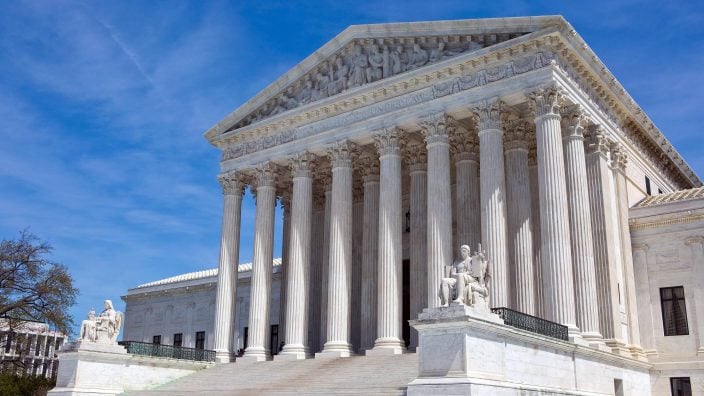Legal with Leah: Changes to CAUV woodland values
As Ohio Farm Bureau Policy Counsel Leah Curtis notes in this Legal with Leah, these changes should result in significant tax savings for many Ohio woodland owners.
Read MoreOhio Farm Bureau Policy Counsel Leah Curtis discusses the ramifications Prop 12 has on American agriculture and what the next steps for the case will be.
The U.S. Supreme Court will hear a case against California’s Proposition 12 filed by The American Farm Bureau Federation and the National Pork Producers Council. In this Legal with Leah, Ohio Farm Bureau Policy Counsel Leah Curtis discusses the ramifications Prop 12 has on American agriculture and what the next steps for the case will be.
Listen to Legal with Leah, a podcast featuring Ohio Farm Bureau’s Policy Counsel Leah Curtis discussing topics impacting farmers and landowners.
Ty Higgins [00:00:00] A few weeks ago, the U.S. Supreme Court decided to hear the case against California’s Proposition 12, filed by the American Farm Bureau and the National Pork Producers Council. To talk more about what Prop 12 is and the legal process it’s now a part of at the federal level, we bring in Leah Curtis, policy counsel for Ohio Farm Bureau. Hi, Leah. Hello. So let’s start from the beginning. What is Proposition 12?
Leah Curtis [00:00:23] So if we want to start at the beginning, we got to go back to 2008, actually in Proposition 2, which established minimum spacing requirements for veal calves, pregnant hogs and egg laying chickens. But those space requirements were based on behavior in movement. They were not specific numerical measurements or square foot measurements. So it also did not affect the sale necessarily or the commerce of those animal products. Now, the California Legislature did later ban the sale of shell eggs from hens confined to areas that did not comply with Prop 2, but other than that, there was no prohibition. So then we get to 2018. Another voter initiative, Proposition 12, again prohibits confinement of veal calves, breeding pigs and egg laying hens. But this time it set a specific square feet amount for each of those animals. It also banned the sale of veal, pork or shelled or liquid eggs if the animals were confined in a way that did not comply with Proposition 12 in those square footage requirements. And so it’s written that it not only applies, it applies to everything that’s sold inside California, including things that are imported or brought into California from other states. So even if they weren’t raised in California, those products, the animals still had to be held and raised in conformance with Prop 12, even if they were in another state.
Ty Higgins [00:01:39] One of those things that impacts producers, but also heavily impacts consumers. So why is Prop 12 a problem?
Leah Curtis [00:01:46] So first of all, you have to remember that California, in and of itself is a very large economy. You know, I don’t know where it ranks, but it ranks fairly high, even if you compare it to other countries. But they raise relatively little swine, for example, so they consume about 15% of our domestic pork as a state, but they import nearly all of that from other states. So when that happens, that means all that pork that’s coming from other states is now going to have to be concerned with what is California’s law, not necessarily their own state laws. And so when pork is produced or really most animal products, the farmer does not necessarily know where that pork is going to go after it leaves its farm. It goes to a processor and then it goes to a buyer and a marketer. So California making these requirements essentially means that companies either can’t sell in California, which is economically problematic, or everybody in the entire country has to essentially follow California’s rules. Again, economically problematic and also problematic from a federalism and just a general organization of our country’s governments.
Ty Higgins [00:02:49] But from a legal standpoint, there’s a more precise issue here.
Leah Curtis [00:02:51] Yes. So Article 1 of the U.S. Constitution says explicitly that Congress is who has the power to regulate commerce among the several states. That’s what we usually call interstate commerce, and we call that the Commerce Clause of the U.S. Constitution. So over the years, courts have ruled that just like we have a Commerce Clause, we have a dormant commerce clause, and the dormant commerce clause is basically that by saying only Congress can regulate interstate commerce, we’re also implicitly saying states can’t pass laws to discriminate against or regulate interstate commerce or regulate things outside of their borders.
Ty Higgins [00:03:27] Now this has the attention of the highest court in the land.
Leah Curtis [00:03:30] Yes. So this has gone through the federal court system. American Farm Bureau, along with NPPC, had filed a lawsuit in federal court alleging that this was restraining interstate commerce in violation of the Constitution. So the Ninth Circuit had ruled against them. They did kind of recognize there was a burden, but it wasn’t necessarily a constitutional violation. And so it’s now been appealed to the U.S. Supreme Court. Remember, the Supreme Court does not have to hear every case. And so, you know, it was it’s actually a long shot, usually, if you appeal something to the Supreme Court, but as you said, earlier this month, they did announce that they will hear this case in full before the court.
Ty Higgins [00:04:09] It’s not going to be the first time the Supreme Court got this issue brought up, though.
Leah Curtis [00:04:13] The North American Meat Institute had filed a similar lawsuit. The Supreme Court did not accept that case. What’s interesting is that case was rejected in June of 2021, and I think a lot of people would assume we’re talking about the Supreme Court and Supreme Court nominees all the time–it must have been different people. Actually, it was the same makeup of justices. I actually went to confirm because that was my first thought, too. So this just underscores that the basis and the arguments for a case, the legal arguments can make a huge difference because there’s something about that case that the Supreme Court did not think they needed to hear it. But there’s something about this NPPC/AFBF case that they think does make it important for them to hear it, and it probably comes down to the way the arguments were made and the basis of those arguments.
Ty Higgins [00:05:00] These are never a quick process to get things to the Supreme Court, so when are we going to hear more about this?
Leah Curtis [00:05:04] The wheels of justice do not turn swiftly. So once a case is accepted, you do have all the briefing to go through. Both sides got to file their briefs and their arguments, lots of filings. And then there’s an oral argument, and then the court gets to take its time on a ruling. So the court’s active term runs from Oct. 1 through June 30. So being that it just got accepted here in April, we probably won’t see an oral argument until the fall or the winter months. And then it’s anyone’s guess when we would have an opinion. Most of the time the court tries to, if they hear case in that term, they try to issue the opinion by the end of that term, so by June 30. So sometime in the next year, maybe around this time next year, we should have some sort of result from this case.
Ty Higgins [00:05:45] Of course, we’ll keep you updated here on Legal with Leah and also on our website.
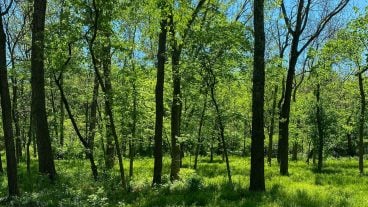

As Ohio Farm Bureau Policy Counsel Leah Curtis notes in this Legal with Leah, these changes should result in significant tax savings for many Ohio woodland owners.
Read More

In the case O’Connor v. Eubanks, the question is, can a state be sued in federal court when it takes a property?
Read More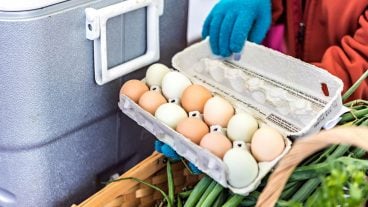
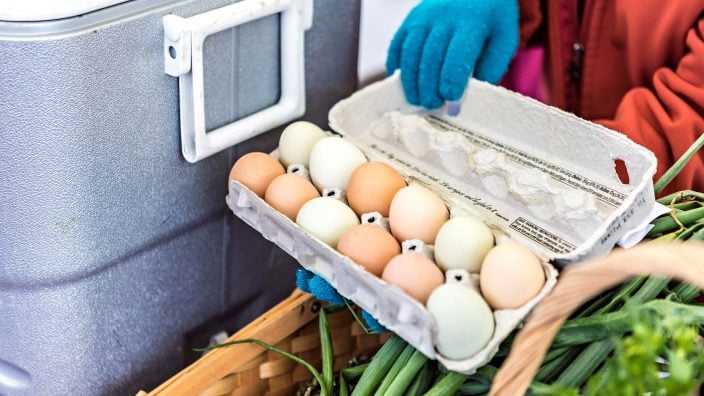
A new low risk license should bring consistency across Ohio in regard to nonmechanical refrigeration.
Read More

The law requires most businesses to report information about their beneficial owners, and the intent is to try to make it harder to illegally hide assets and commit financial crimes.
Read More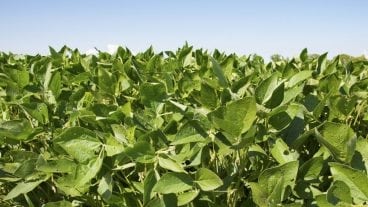
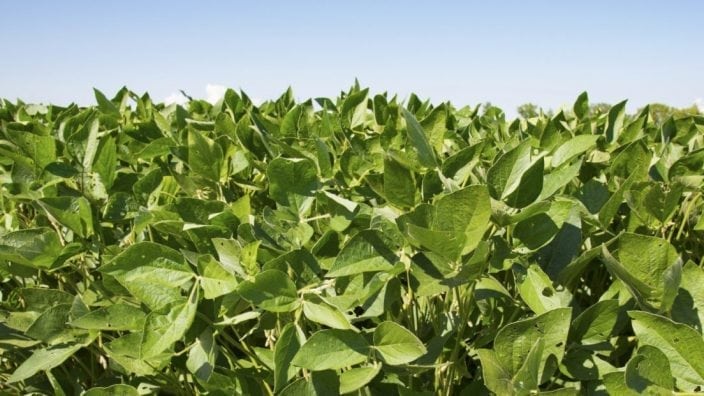
How will this impact Ohio farmers and what can be done to allow for use of the products that have already been purchased?
Read More

What are some of the things landowners need to be aware of, as they might see more people wanting to come out to their property and to rural Ohio for the best seat in the house?
Read More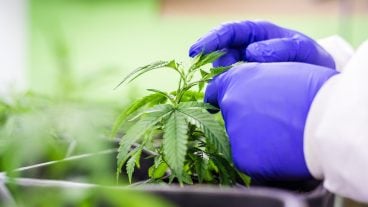
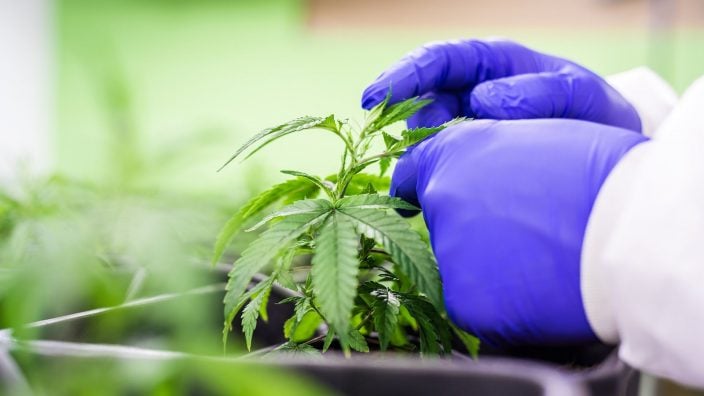
How will passage of Issue 2 impact agribusinesses and farm employers?
Read More
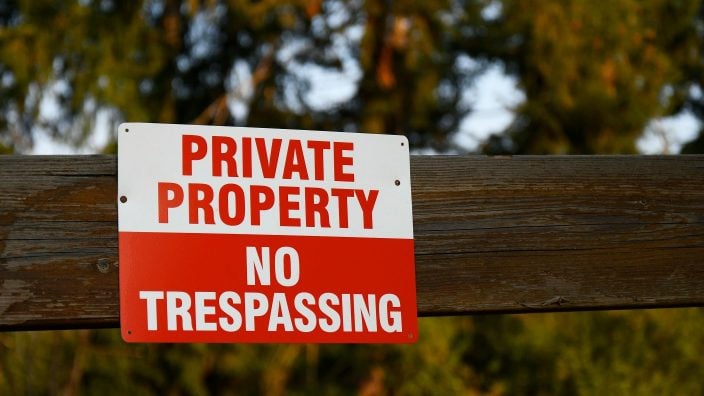
Policy Counsel Leah Curtis discusses Ohio trespassing laws and the liability that can fall on landowners when people enter their property.
Read More

When property owners may have issues with trees or encroachment on their property, they often turn to Ohio Farm Bureau for information.
Read More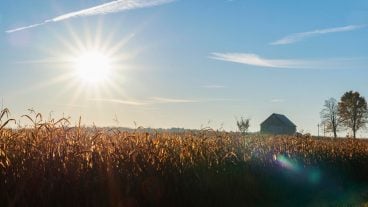
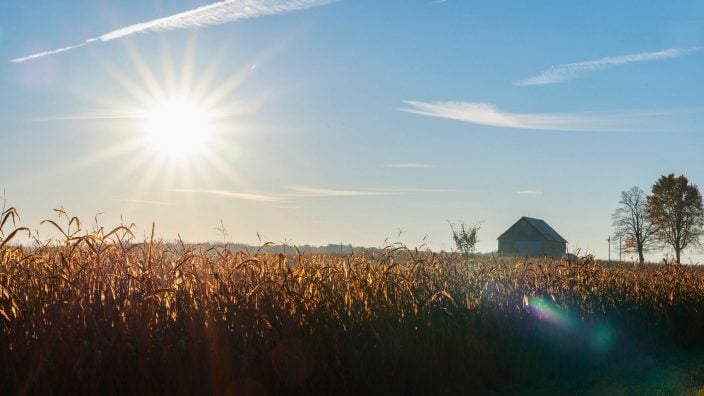
Even though there can be zoning in rural areas of Ohio, there are limitations in the law when it comes to agriculture.
Read More